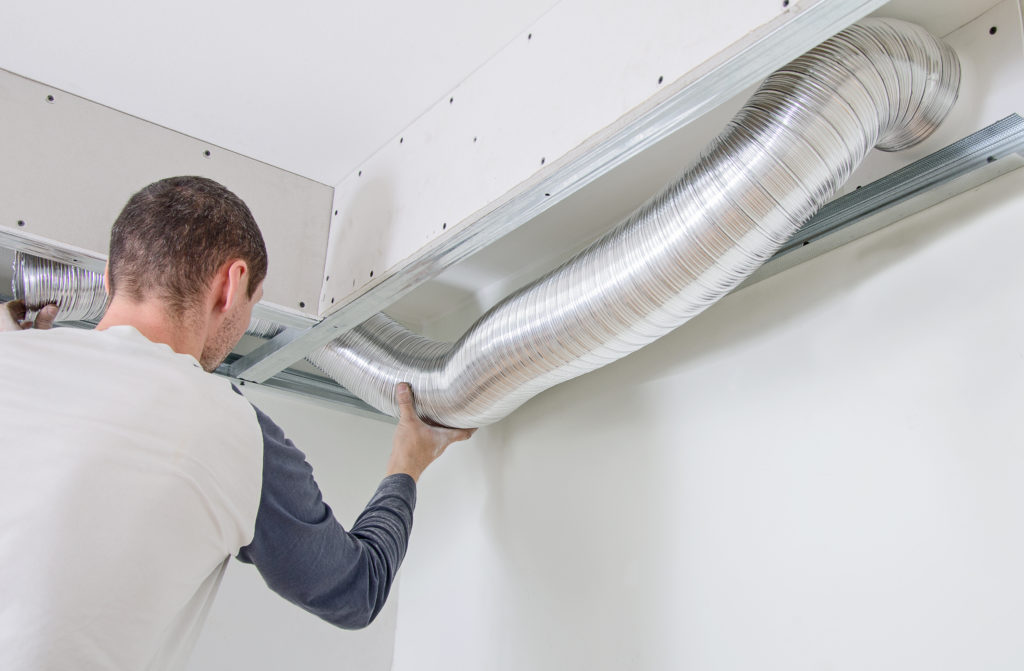HVAC Installation Costs

A new furnace, air conditioner or heat pump can directly improve your quality of life. It may seem like a significant investment, but it will eventually save you money on your energy bill. Overall costs for HVAC installation will vary according to the type of unit you have installed and the rates charged by local HVAC professionals. Other factors, such as the difficulty of removing the old unit and your existing ductwork, can also impact the final cost.
If you’re budgeting for HVAC installation, use these average costs to help give you an idea of what to expect. These are ranges which can be impacted by the above factors, so before you start the project, be sure to get a few estimates. You can also find an HVAC cost estimator online, though these will still only give you a general idea of the price.

HVAC installation cost breakdown
New system installation costs vary depending on factors such as your equipment and home. Local demand will influence hourly rates charged by HVAC specialists. On average, you can expect your HVAC installation costs to fall in the ranges below (note – these averages don’t include equipment cost):
- Gas furnace installation: $1,800 to $4,000
- Electric furnace installation: $1,700 to $2,500
- Oil furnace installation: $4,600 to $6,900
- Air-source heat pump installation: $2,900 to $6,000
- Geothermal heat pump installation: $3,400 to $13,000
- Air conditioner installation: $1,800 to $10,500
- Ductless HVAC installation: $300 to $1,500
How Much Does HVAC Replacement Cost?
Average Cost: $3,250 – $12,586
Like your home and needs, your HVAC project cost will be unique.
Factors affecting HVAC installation cost
The total cost involved in an HVAC installation isn’t just the price of the equipment. You’ll have to pay for labor to remove and replace old units. Older homes may need other work to help the new system function properly, such as ductwork. Each of these variables can significantly impact the project’s total cost.
- Equipment capacity, efficiency, and features affect the price. Larger capacity systems typically cost more than smaller systems, and you’ll pay more for increased efficiency and advanced features, such as on-board diagnostics.
- Duct system installation and repairs affect HVAC installation cost. If you’re installing a new forced-air heating or cooling system, your home must have ductwork – if you don’t have ducts installed, a new duct system will need to be designed and installed. In older homes which used radiant heat, this could be a considerable expense. Your existing duct system may require air sealing to eliminate air loss, helping your new heating and cooling system operate efficiently.
- The number of zones will affect HVAC installation cost. With ductless systems, you can zone your home’s heating and cooling needs with individual air handling equipment in each zone. The more zones, the more equipment you’ll need, increasing the price.
- Indoor air quality systems add cost. If you’re installing whole-home humidifiers, dehumidifiers, or air cleaners with your new system, there will be additional equipment costs for these systems. Additional equipment adds time to the total installation.